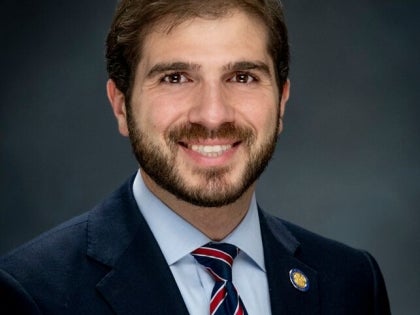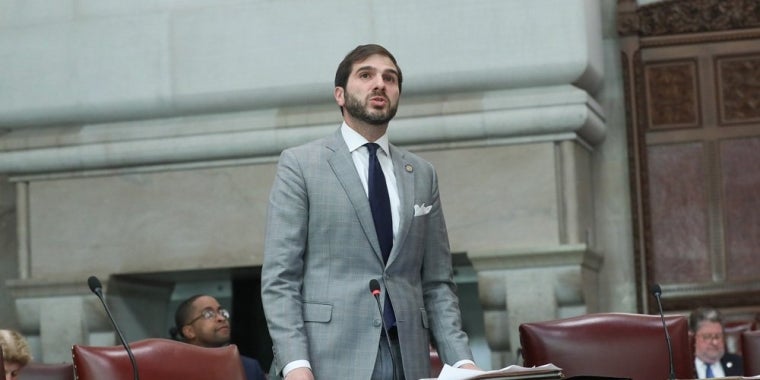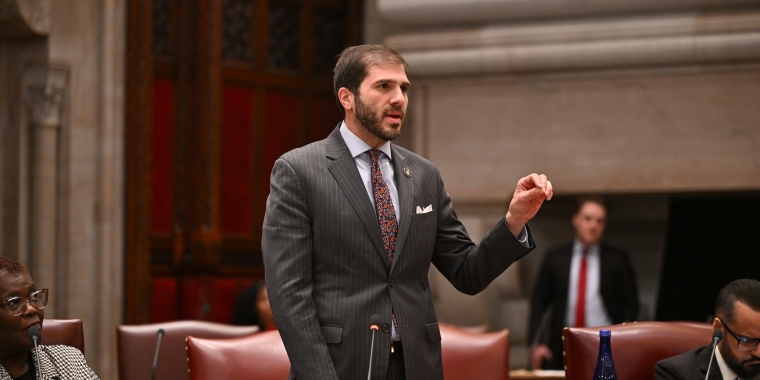
No to Austerity, Yes to Efficiency and Fairness: Getting Our Budget Priorities Straight for a Strong Post-COVID New York
As we work to show COVID the door, tough budget decisions are ahead. Governments at every level are grappling with the unprecedented toll this pandemic has had on the economy.
COVID has laid bare structural inequities too stark to ignore. While some work comfortably from home, others put themselves in danger on the front lines. While some flee to the Hamptons, others pass the virus between family members in cramped New York City apartments.
These choices become even more stark when we take a cold, hard look at post-coronavirus state and municipal budgets. New York State is facing a $10-$15 billion budget deficit. New York City projects a $7.4 billion loss in tax revenue.
Where should we go to fill the budget gaps?
Our executives have given us hints of what they want to do. We are told that painful cuts are necessary, that sacrifices must be made.
Mayor de Blasio already took a scythe to just about every program with the prefix summer including the Summer Youth Employment Program, a program that provides summer jobs for at-risk teenagers. He has also cut services that affect our daily lives, like trash pickup days and electronics recycling.
Governor Cuomo pushed to cut health-care funding in this year’s budget, even as our public hospitals struggle to treat an influx of coronavirus patients, and we’re told to wait with baited breath for more cuts to come.
The mayor continually refuses to lessen property tax burdens on low- and middle-class homeowners and renters, many of whom are bearing the brunt of COVID’s pain, while the governor has refused to consider revenue raisers on ultra-millionaires, billionaires, and large corporations, many of whom are left unaffected by the virus’ scourge.
We believe these are misguided decisions. We reject the choice between austerity budgeting and a tax burden shouldered by low- and middle-income New Yorkers.
Instead, we need an honest assessment of how we can raise revenues by looking to those who can afford to pay their fair share.
The very wealthiest New Yorkers will not face eviction or foreclosure, like so many other New Yorkers. They will not struggle to access unemployment benefits. They will wait out the storm in second homes.
As a matter of basic fairness, these individuals less impacted by COVID can and should contribute more.
We should also look at corporations that have profited specifically because of this pandemic. These large corporations can and should pay more to rebuild our economy when this is all over.
Passing austerity budgets that cut essential services will only doubly punish our frontline workers and those struggling to make ends meet during and after this pandemic. After all, our essential workers — EMS, police, firefighters, Parks Department employees, grocery store workers, transit workers, nurses, doctors, and so many others — are about 40% people of color; 75% of whom live in the so-called outer boroughs. One-third of our frontline workers are from low-income households.
An austerity approach will inevitably push our city deeper into recession and make it even harder to dig out of this financial hole.
In addition to revenue raisers on those who can afford it, we need substantial federal funds and can borrow up to 20% of the budget from the Federal Reserve’s COVID-19 emergency lending program.
Finally, we also must take a hard look at the waste in our budgets. The New York City budget has ballooned by $20 billion in the last six years alone. The state budget is certainly not immune to wasteful spending either.
Instead of making cuts to hospitals, CUNY, and summer employment, we need to look at the programs with unproven impact, the spending that doesn’t go directly into communities.
For example, procurement contracts make up nearly 40% of the city budget’s recent growth. These contracts should be reviewed and scrapped or renegotiated as necessary. In 2018, the Independent Budget Office suggested that simply switching to open source software could save the city $30 million per year.
For every wasteful or unproven program we know about, there may be many more that we haven’t yet identified, in part for lack of looking close enough. These budgets need to be scrutinized and every revenue-raising option must be explored before we cut a single dollar to any program that working-class New Yorkers rely on.
This pandemic has put us through the wringer in the most brutal way. All of us are reflecting on what kind of society we want to be when we emerge from this dark time.
Our post-COVID government budgets will demonstrate our values. We stand for a New York City and State that cares for its people and lifts up those who need it most.



